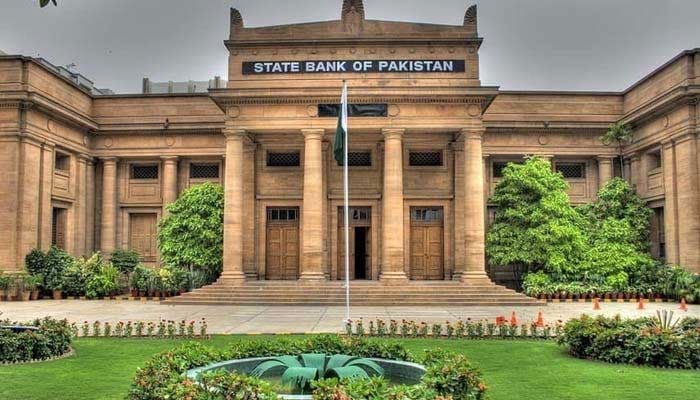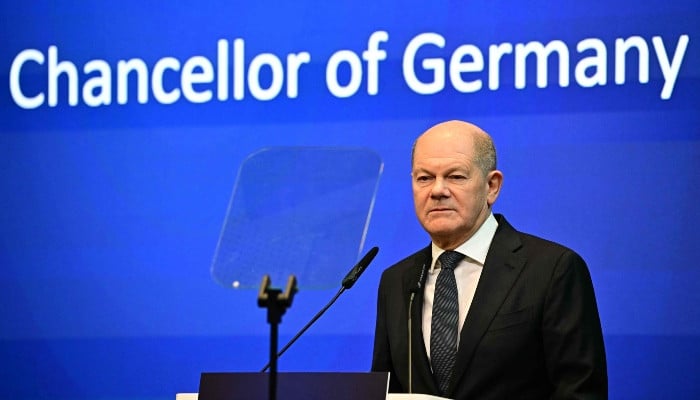Sports
Finance: To handle with care
字号+ Author:Smart News Source:Sports 2025-01-13 07:31:54 I want to comment(0)
currently under obligations of the $7 billion International Monetary Fund (IMF) loan conditions, Pakistan will bring agriculture under full taxation, taxing income originating from agricultural activity without any exemptions, or with the least exemptions. That is one of the only two options the revenue-starved country is now left with, as it has already aggressively taxed the industry and service sector. Taxing these two sectors further, either through the imposition of new taxes or by increasing the rate of existing taxes, will be political suicide for this hybrid regime. People and businesses will become unforgiving if they are made to pay any more taxes to a government that has done little for them. Another still viable option is to tax those operating in the informal economy by first documenting their economic activities. Further documentation of the informal economy is possible and desirable, but if it is done while leaving the agricultural sector untaxed or at least taxed as it is now, it will create an urban-rural divide that the government may find difficult to bridge. And the political price of a possible widening of the urban-rural divide in sharing tax generation responsibility will be too high. With the interest rate now at 15 per cent and with the rupee still stable despite four straight rate cuts, the government is expecting a revival of industrial output from next month. That may happen, but the pace of revival will be slow as domestic demand has only started picking up, and foreign demand for Pakistani goods, except for food and food products, remains low. Low growth in agriculture could stifle food exports unless the government involves actual stakeholders and industry experts to mend the sector via modernising initiatives In every non-food industry — textiles, automobiles, chemicals, engineering, leather — products of only a few selected exporters are competitive enough to earn net additional foreign exchange. Despite having secured a $7bn three-year IMF loan, the first tranche of which has already come in, Pakistan still needs tens of billions of dollars to manage its external financing gap as its volume of external debts has surged to perilous levels, increasing the external debt servicing requirement in turn. In this situation, relying solely on workers’ remittances and promises of foreign direct investment from friendly countries like China, Saudi Arabia, the United Arab Emirates, and Qatar is unwise. Exports must grow at all costs. The structural problems of our export sector (for example, a narrow product base, a small bucket of value-added products, and a low level of overall competitiveness) are such that food sector exports will naturally be prioritised. In that case, meeting the domestic demand for food will become difficult and keeping food inflation under check may become challenging. So, the situation is complex and demands balancing everything, including collection of more revenue, taxing agriculture, and boosting exports — during the last fiscal year, exports of food and agricultural products surged 37pc year-on-year to reach an all-time high of $8bn or more than 26pc of Pakistan’s total goods’ exports of $30.64bn. In every non-food industry — textiles, automobiles, chemicals, engineering, leather — products of only a few selected exporters are competitive enough to earn net additional foreign exchange Modernising our agriculture sector and boosting its productivity is essential for meeting the food requirements of over 240 million Pakistanis and earning enough foreign exchange without compromising on national food security requirements. The recent involvement of the army-backed institutions in Pakistan’s agriculture and the upcoming Chinese cooperation in the agriculture sector may lay the foundation of modern agriculture in Pakistan. But that will take time. In FY24, the agriculture sector’s stunning 6.25pc performance had been instrumental in materialising a 2.4pc GDP growth. With this high base, growth in the agriculture sector may hit the target of 2pc but can hardly exceed this level. This low growth in agriculture might not be enough to propel further expansion in food and food products exports and could make food inflation management difficult. Structural problems in Pakistan’s agriculture are many and diverse. On top of the list are land ownership and lack of effective coordination between provinces (in whose direct domain falls agriculture) and the federal government, as well as among provinces themselves. With taxes ready to lace agricultural produce, domestic food prices will climb up and exports of food and food products of only those firms would go north that can manage to keep their operations smooth with the right connections in the power corridor. In the past, several task forces on agricultural reforms were set up only to produce reports that were discarded. The initiatives now being taken to modernise agriculture and increase its productivity should not meet a similar fate. But to ensure this, the government needs to involve real stakeholders — genuine farmers’ associations, genuine representatives of agricultural small and medium enterprises, chambers of agriculture and crop-specific business lobbies etc — plus local and foreign experts with experience in water economisation initiatives, application of artificial intelligence, robotics in agriculture, and livestock management. n
1.This site adheres to industry standards, and any reposted articles will clearly indicate the author and source;
 Related Articles
Related Articles-
Story time: Embarrassment at its peak!
2025-01-13 07:22
-
President, PM express hope for united, prosperous Pakistan in 2025
2025-01-13 06:51
-
'Uraan Pakistan': PM Shehbaz links economic prosperity to 'political harmony'
2025-01-13 06:04
-
Rana Sanaullah reiterates charter of economy call for Pakistan's 'uraan'
2025-01-13 05:21
 User Reviews
User Reviews Recommended Reads
Recommended Reads Hot Information
Hot Information- Israelis protest outside Netanyahu’s home to demand swap deal
- Aerial firing during New Year injures 29 in Karachi
- What's Neelam Muneer's take on cosmetic surgery?
- After Kurram peace agreement, MWM chief announces ending sit-ins across country
- Lower Dir residents demand launch of work on bridge
- Karachi schools to reopen today after winter break
- Man accused in Rs3bn tax fraud case granted bail against Rs100 surety bond
- Man accused in Rs3bn tax fraud case granted bail against Rs100 surety bond
- Incoming US senate leader calls for sanctions against ICC over Israel investigations
 Abont US
Abont US
Follow our WhatasApp account to stay updated with the latest exciting content












